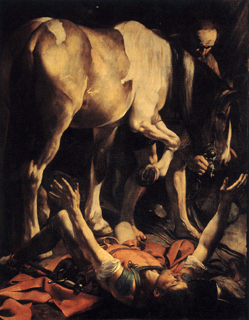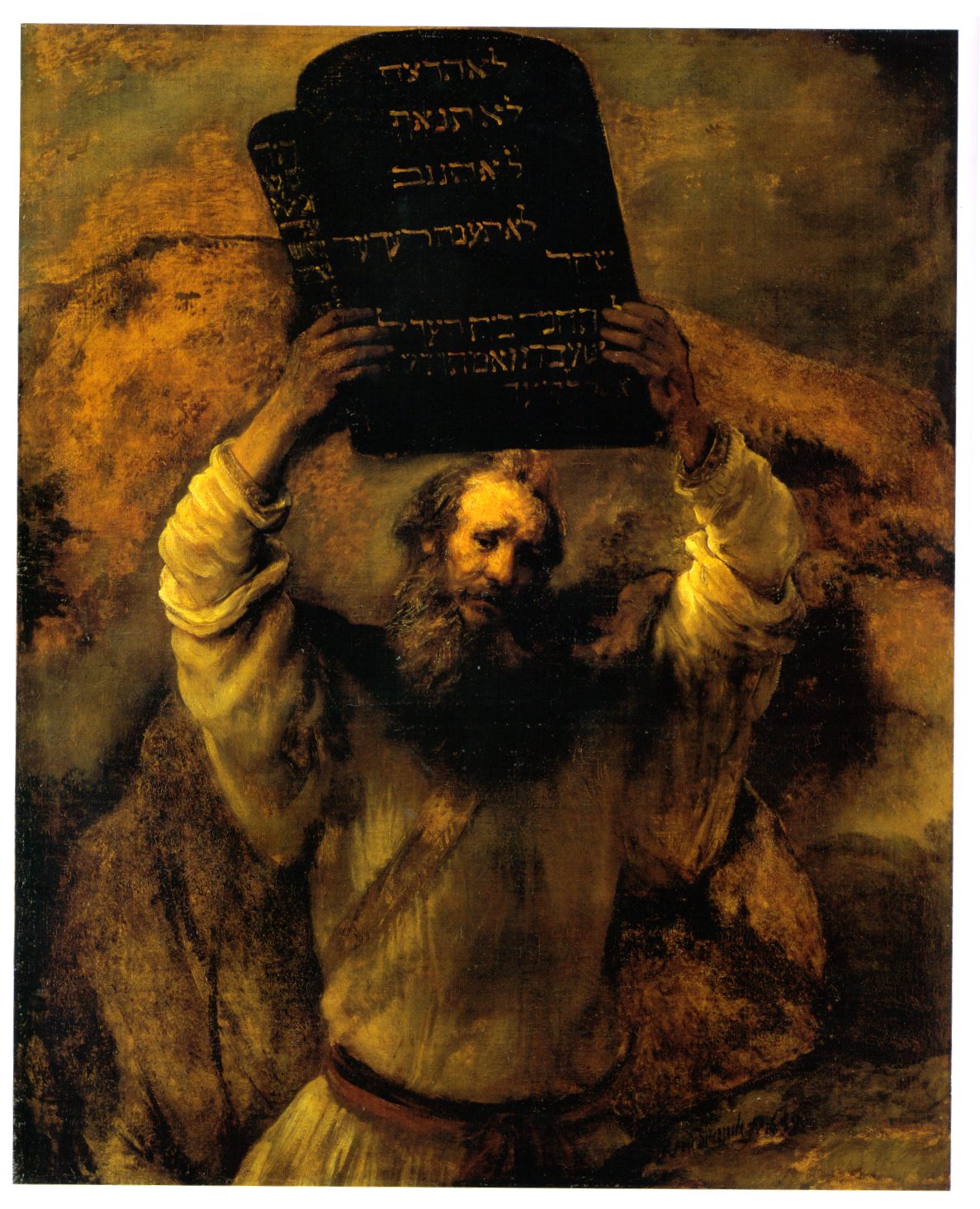
There are far too many thin paperbacks of immense value that distract me from the more pressing matters of end of the semester assingments and papers. One such book is the second edition of Albert Wolters classic on Reformational worldview,
Creation Regained. This edition was released a year ago to commemorate the 20th anniversary of its publication and includes a new postscript by Wolters and Michael W. Goheen.
The book starts out with a discussion of what the idea of a worldview consists of. The term comes from the Dutch Reformed tradition and implies a "life perspective" or "confessional vision" (personally, my favorite term). More specifically, it is "the comprehensive framework of one's basic beliefs about things." This is distinct from philosophy in that it deals with the way in which we approach every discipline and activity, including things like philosophy. A worldview is not a matter of specialized study, but rather something which everyone has and operates under whether they are aware of it or not.
After the basic discussion of worldview, Wolters goes on to explain the three categories of creation, fall, and redemption. Creation has to do with far more than simply the creation of the earth as given in the Genesis account. It deals with the structures that God put in place to govern that which he created. The creation order exists and is maintained by the Word of God which implies normative structures for all aspects of the creation. Next is a discussion of the implications of the fall for the created order. Once sin has entered the world, every aspect of the good creation is perverted or misdirected in some way. Sin is a distortion of the original goodness of creation, not something that is added to it. Redemption is the restorative power of Christ to bring back the original goodness of the created order and to redeem it from the corruptive influence of sin. Redemption does not add something more to the created order, but rather is the process through which it is restored to its original intent.
Wolters ends by explaining the need to discern what he calls "structure" and "direction" in creation. Identifying the structure of a particular realm or discipline in creation requires us to discern the original intent for that sphere. We must look at politics, journalism, fashion, and every other kind of cultural activity in a way that identifies the normative structure that is given to them by the Word. Identifying the direction of these spheres will require us to see where they have deviated from their original intent through the corruption of sin. This sort of approach keeps us from seeing any particular aspect of the created order (which is all "good" according to God) as inherently evil or bad. It is not politics that is bad, but rather the abuse of political power that comes with sin. It is not the arts that are bad, but rather the misdirection of artistic ability. This understanding of "structure" and "direction" helps us to identify the goodness of the varying aspects of society while allowing us to see where they have deviated from their original goodness. Discerning this allows us to seek to redeem these fields instead of rejecting them.
The new postscript addresses some concerns that the authors have seen in particular appropriations of the idea of a biblical worldview. Their concern is that some have taken it "as though it were meant to be a full-fledged exposition of the biblical perspective on life and the world, whereas in fact it concentrated on what might be called the 'structural girders' of such a perspective." They emphasis the importance of a biblical worldview being placed in the greater context of a narrative understanding of the biblical story and our place and mission within that story. This requires that we gain a greater understanding of what it means to live in the "already-not yet" and that we see the Church's role as providing a "preview of the Kingdom." While this sort of thinking necessitates the Church's interaction with culture, it also acknowledges an unavoidable tension between the two which will only be relieved in the final coming of Christ.
This is a wonderful book, and one that deserves to be widely read in a Christian culture that is so inherently Gnostic in much of its thinking. Wolters affirms the goodness of the created order and opens up the reader to the possibilities of Christian interaction with cultural in light of Christ's work of redemption. He also provides a wonderful way of looking at the place of Scripture in developing a framework for thinking and acting in all parts of life without forcing the Word to speak where it is silent.
 In Galatians 2, Paul speaks of false teachers who are spreading a gospel that is "contrary to the one we preached to you" as well as "contrary to the one you received." This repetition of the gospel as "preached" and "received" draws the distinction between the objective nature of the gospel message and the subjective appropriation of that message. While it is vital for us to understand that the gospel is the message of objective redemptive events, we lose much of the power of that objective work if we do not also dwell on the experiential side of the good news. Here are a couple of great quotes from Christian figures that speak of the joy and wonder they experienced as a result of the Holy Spirit applying Christ's work of redemption to their lives.
In Galatians 2, Paul speaks of false teachers who are spreading a gospel that is "contrary to the one we preached to you" as well as "contrary to the one you received." This repetition of the gospel as "preached" and "received" draws the distinction between the objective nature of the gospel message and the subjective appropriation of that message. While it is vital for us to understand that the gospel is the message of objective redemptive events, we lose much of the power of that objective work if we do not also dwell on the experiential side of the good news. Here are a couple of great quotes from Christian figures that speak of the joy and wonder they experienced as a result of the Holy Spirit applying Christ's work of redemption to their lives.







